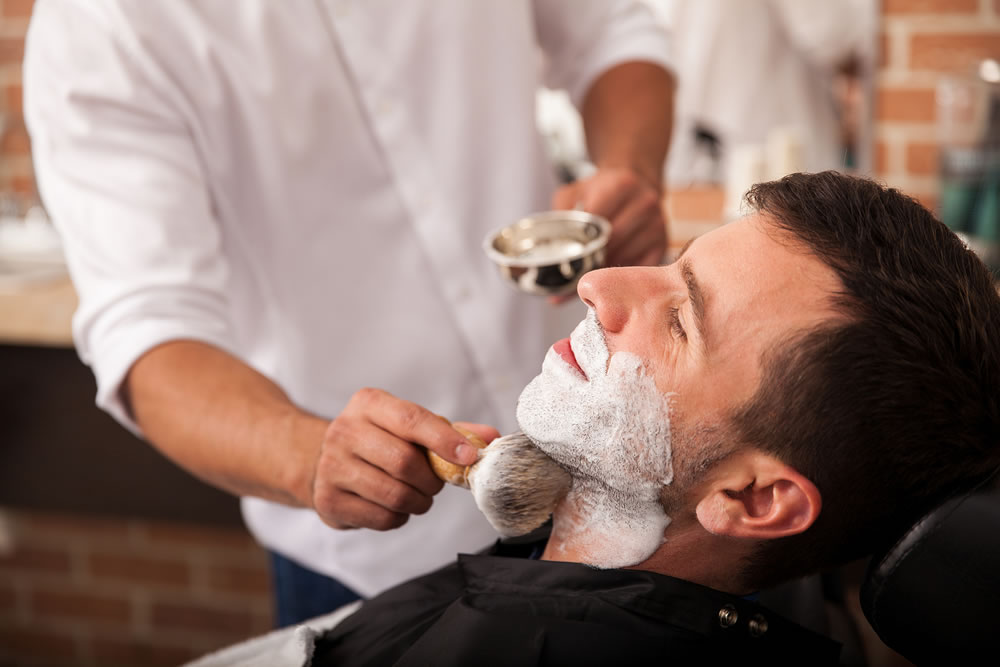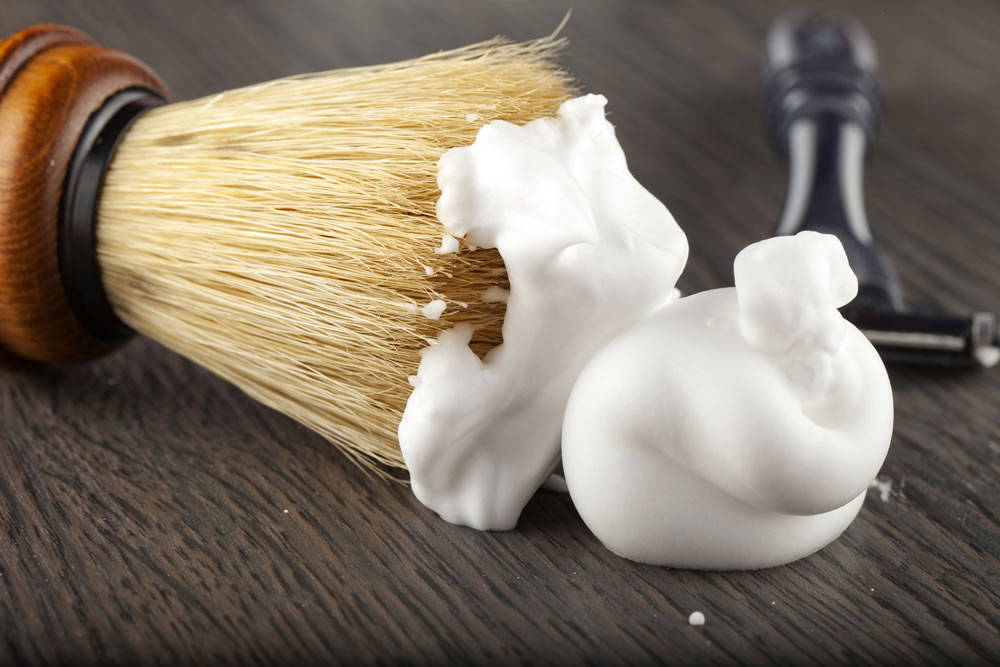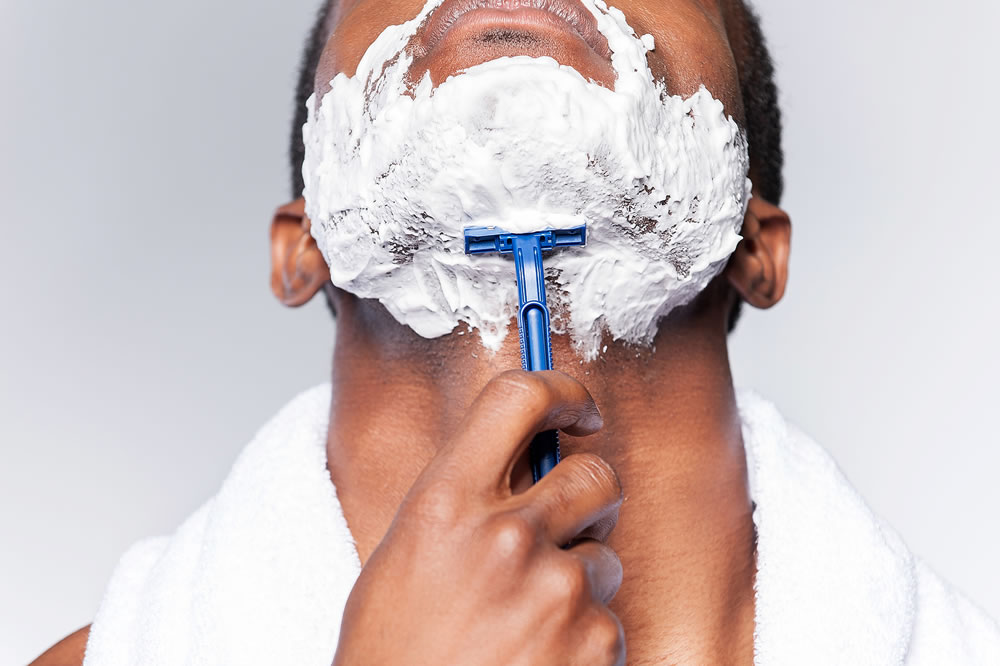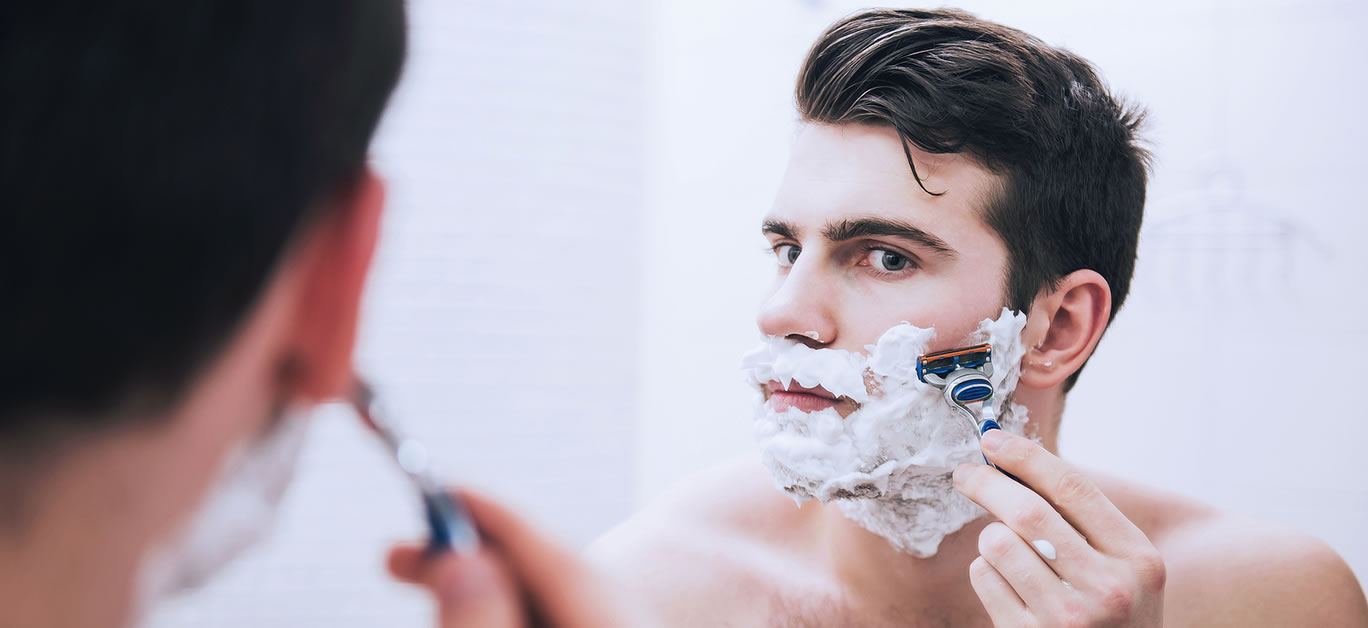Few things feel as good as a fresh, clean shave, and taking care of your facial hair is a sure-fire way to ensure you always make the right impression when entering a room or meeting someone new. A comprehensive grooming routine says that you’re someone who pays great attention to detail in life and instantly commands respect – but nicks, cuts and bumps can quickly ruin the effect, so it’s vital to invest in the right tools and products for the job.
With an abundance of different shaving products on the market today, determining the best shaving cream for you and your specific shaving needs can often feel like a minefield. Whilst it’s easy to assume that the shaving cream that lathers the best is the perfect pick, it’s impossible to tell which one that will be before trying – and relying on swanky packaging and luxury branding alone won’t necessarily land you the best buy.
While it’s largely true in life that you get what you pay for, knowing what makes for a quality shaving cream and understanding your personal needs is key to success when shopping for your shaving products. If you’re unsure where to start, then look no further – because we’ve put together the ultimate guide to choosing the best shaving cream for you.
Why is a shaving cream important?
A shaving cream has three main tasks. Firstly, it helps in softening hairs, thus making it easier for the razor to glide over the skin and achieve a smoother shave. And, because it lubricates the skin and reduces the resistance between the razor and the skin, this process is further enhanced. With minimal friction between your sharp razor and the skin, cuts and bumps are reduced – so if you’ve ever considered shaving without lathering up first, then don’t!

Unlike other shaving products, shaving creams also cater to the aftermath of shaving, soothing and calming the skin to prevent redness and irritation. You could say that it’s a bit of a miracle product, and a good lather will make all the difference between a good shave and a terrible one – but there are several other factors to consider beyond this before you get your wallet out.
Shaving cream types
There are a variety of different types of shaving formulas, and in fact, not all of them can be strictly classified as ‘creams’. You’ll also find a plethora of shaving foams, shaving oils, and shaving gels lining the shelves of your favourite apothecary – so which one should you pick?
Shaving foams are a popular choice, and have a light and airy texture that quickly transforms into a thick lather after application. A quick and convenient option if you need to shave urgently and don’t have the time to create that perfect consistency with a cream, they certainly have their merits – however, they do not moisturise or lubricate the skin as effectively, which means they are not the best option for sensitive skin types.
The shaving gel is the most popular of all the cream types. It has a very thick texture and works the best on skins that are easily prone to bumps, allergies, and other types of irritation.
Shaving oils, meanwhile, are actually designed for pre-shave application, and go one step further in assisting the softening of coarse hairs before you apply your cream. If you have very thick, dense hairs then adding this step into your routine is advisable, and will make the entire process of shaving far smoother and easier.
Of course, it’s hard to beat the classic cream formula, and although you’ll need a quality shaving brush and a few spare minutes to whip up a satisfying lather, its thick and creamy consistency is worth the extra effort. It’s also deeply moisturising, so is guaranteed to leave skin soft, smooth and hydrated when you’re done.
Tips for selecting the best shaving cream
Now that we’ve demystified the different types of formula you can choose from, it’s time to get shopping – but even if you’ve already decided on whether a cream, gel, foam or oil is the right choice for you, there are few other factors to consider before whipping out your credit card.

Ingredients
The very first and most important factor to check for when it comes to choosing the perfect shaving cream is the ingredients list. The best shaving creams should be manufactured using only natural, organic ingredients, as chemicals and dyes can irritate the skin and cause allergies. Organic ingredients to look out for include nourishing coconut oil and almond, and soothing aloe vera and avocado. Natural products will protect your skin whilst providing the lubrication you need for shaving.
For sensitive skin types, aloe vera is a particularly important ingredient to look out for because of its antiseptic and anti-inflammatory properties.
A shaving cream loaded with essential oils also makes for a very nourishing and hydrating choice. Other ingredients to look out for include glycerin (which acts as a moisturising agent), stearic acid (also a moisturising agent), colloidal oatmeal, (a soothing and protective agent), shea butter (rich in vitamins and fatty acids) and jojoba oil.
Performance
Finding a shaving cream that lathers well is, perhaps unsurprisingly, essential. Shaving creams with good lubricity and that create a thick lather perform the best, so with a product that ticks all the right boxes, you can be sure your skin is being well protected from the direct friction of the razor’s blades and will remain hydrated and well moisturised both during, and after.
If you’ve never tried a product before, then the best way to get a feel for the lather factor before you buy is to check out customer reviews. Be sure to look for reliable sources and read several points of view to get an accurate picture.
Ease of usage
Ease of usage is another factor to look out for when selecting the best shaving cream. The right product should be easy to apply either by hand or with the use of a brush, with a thick, creamy texture that is not too watery or overly dense.

Smell
A shaving cream’s smell should be considered for personal preference alone, although it won’t necessarily tell you much about quality. It can, however, be revealing when it comes to the ingredients it contains, so be sure to double check. From light to strong fragrances, there are a huge variety of shaving creams on the market to suit all tastes, so be sure to do the ‘sniff’ test before you buy where possible. If you can’t, then you might have to try a few at home before you find your perfect match.
Post-shaving
Only a quality shaving cream will leave skin feeling nourished and moisturised post-shave, so be prepared to splurge on the very finest for the best results. This is particularly important for dry and sensitive skin types, as skin can quickly become irritated if not left in optimum condition once your shave is complete.
Men’s and women’s shaving creams
Of course, shaving creams aren’t just for men, and women also opt to use shaving creams on their legs, bikini areas and underarms. Although some creams are targeted specifically at a certain sex, in reality, products are interchangeable – and while one might have a particularly masculine or feminine fragrance, performance-wise, they are much the same.
A good quality shaving cream can be used for all areas of the body, even the intimate ones. However, it’s wise to avoid products with too many perfumes or fragrances, as these can cause irritation when coming into contact with sensitive areas.






















